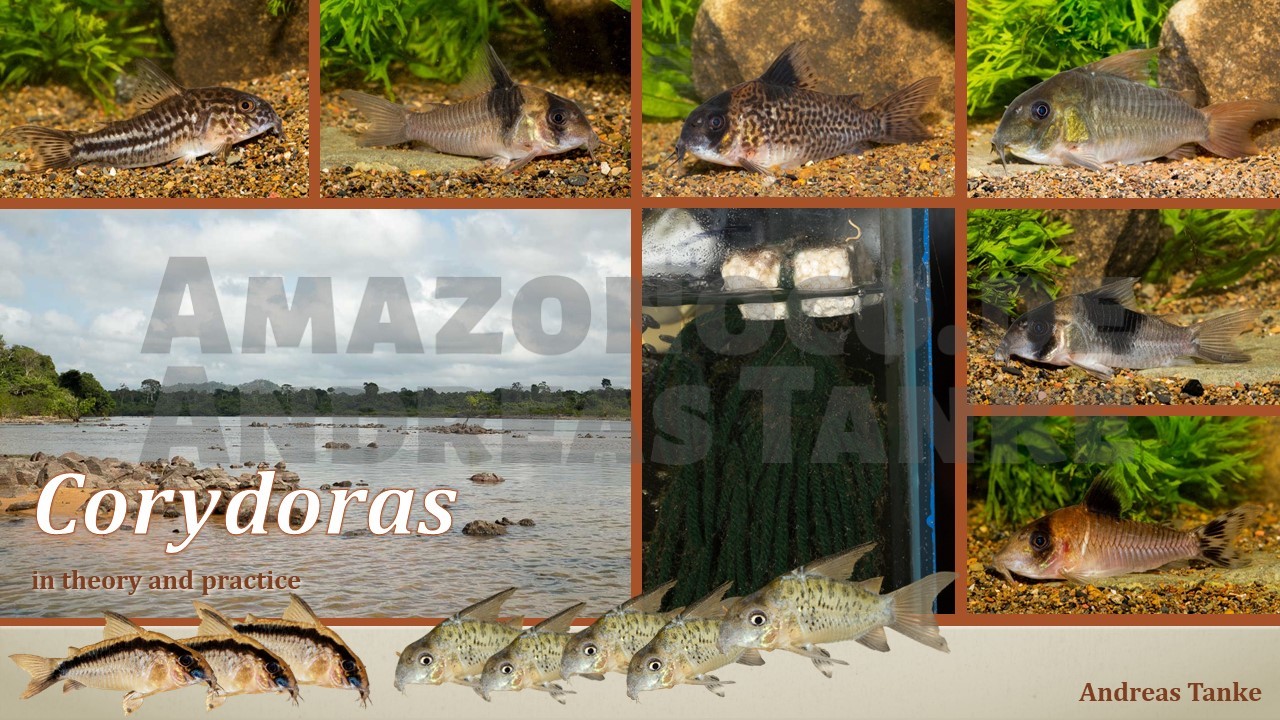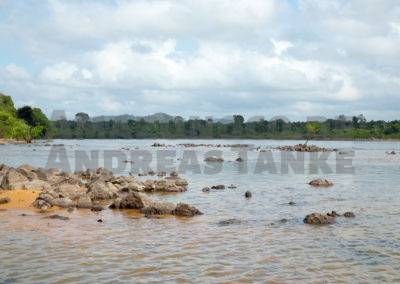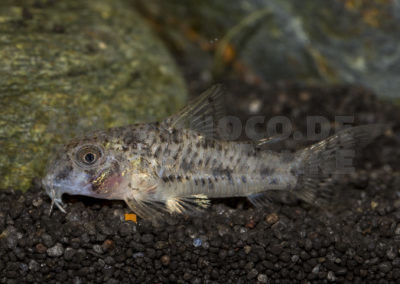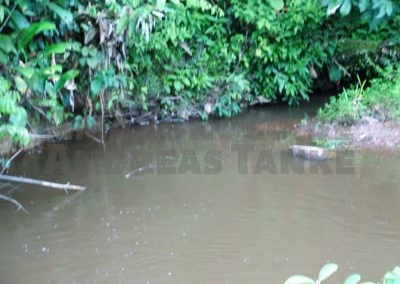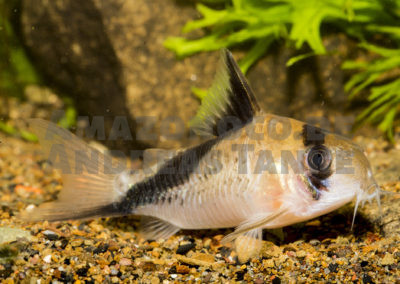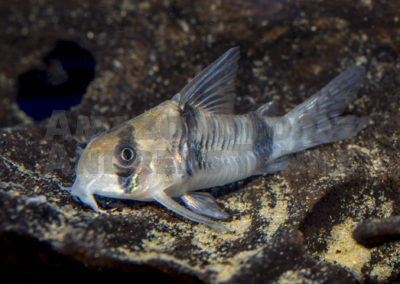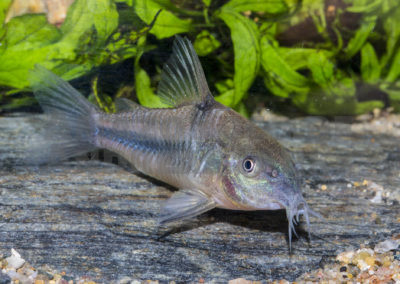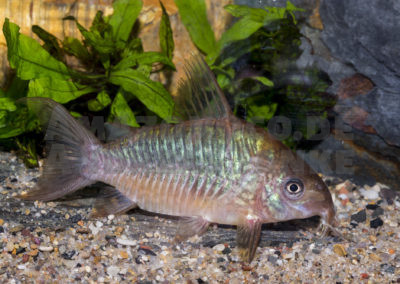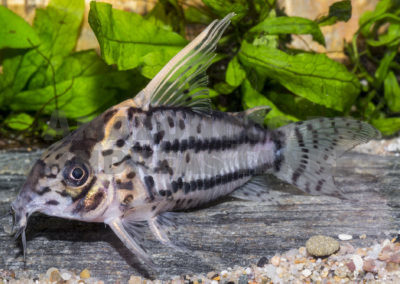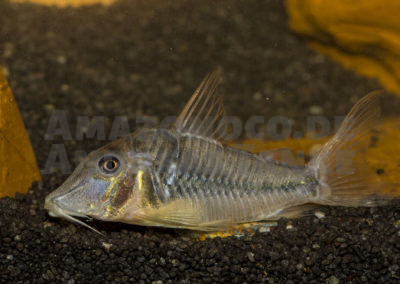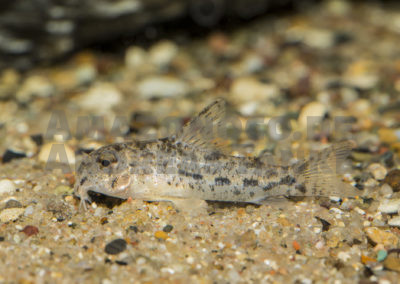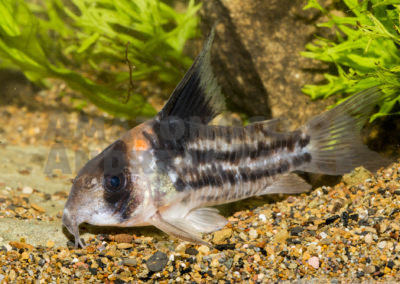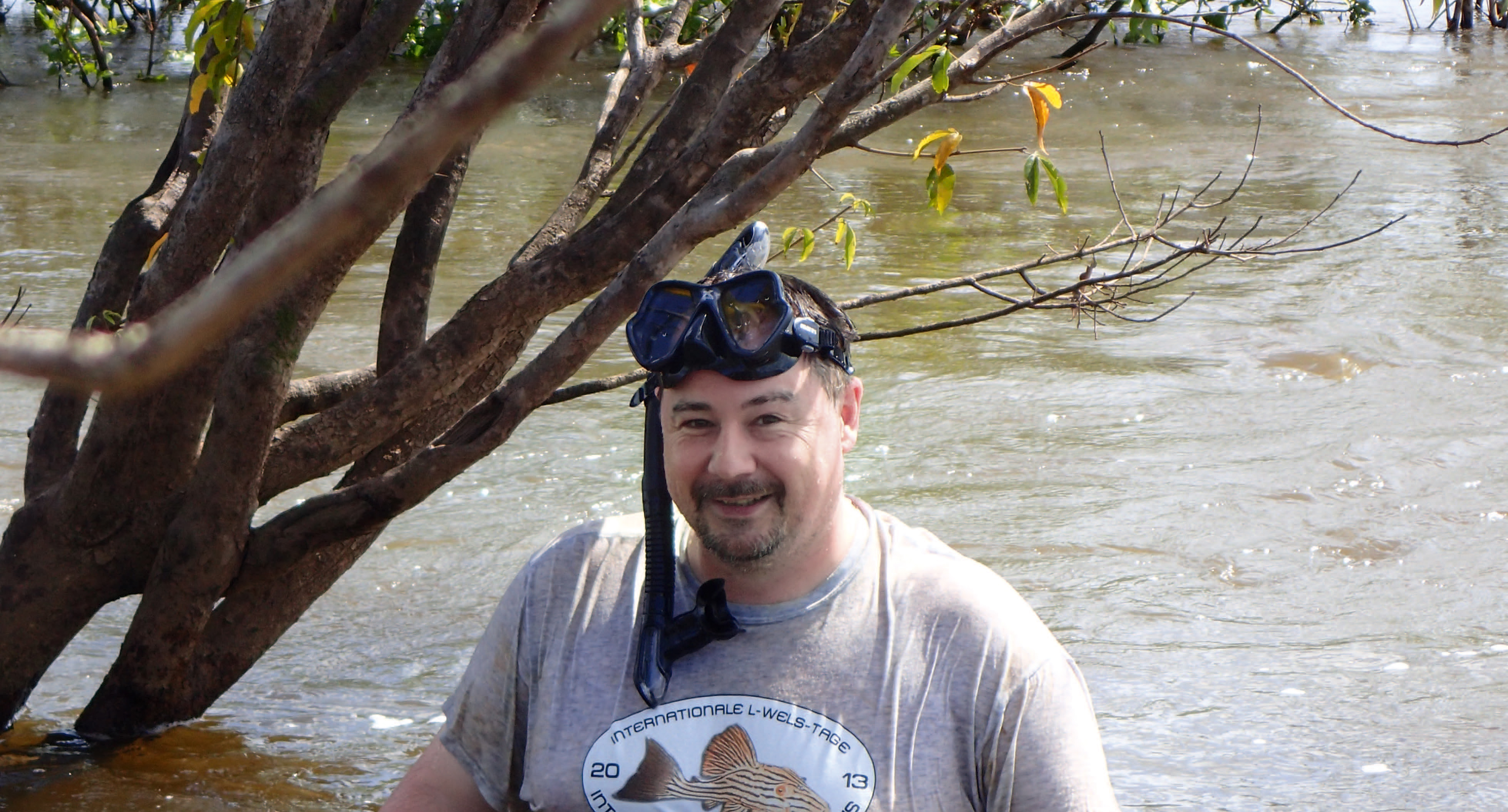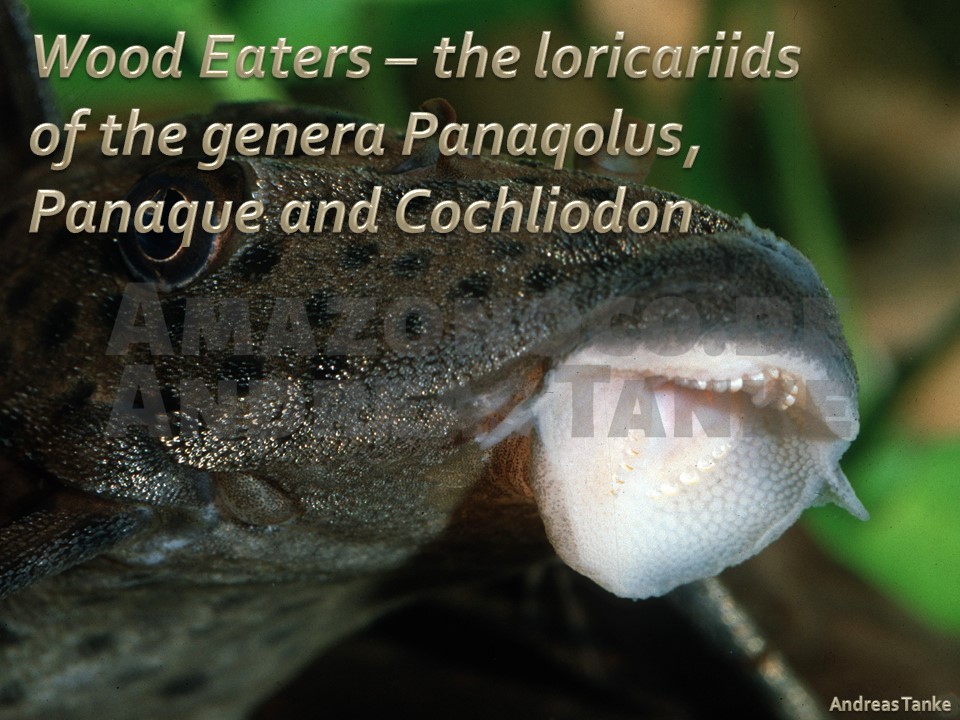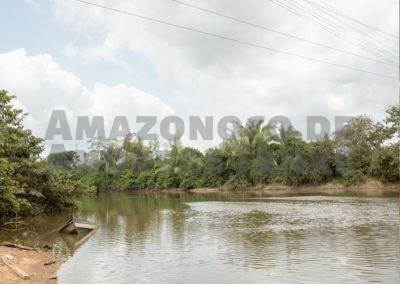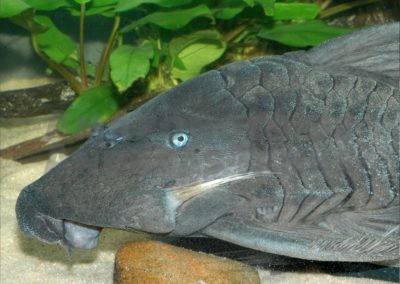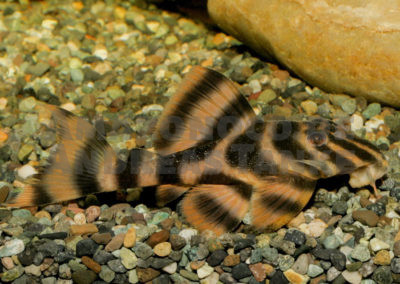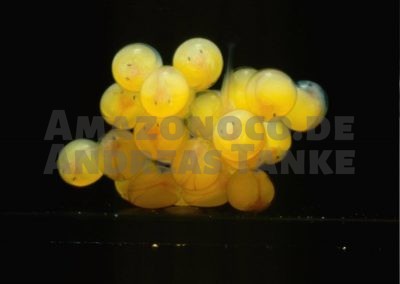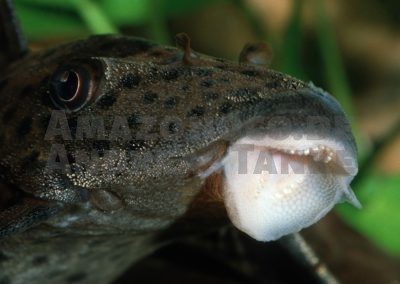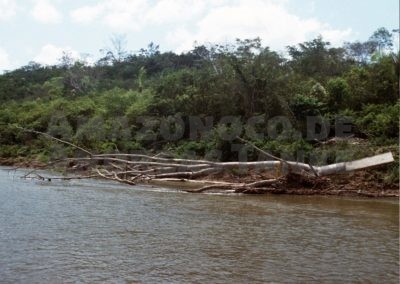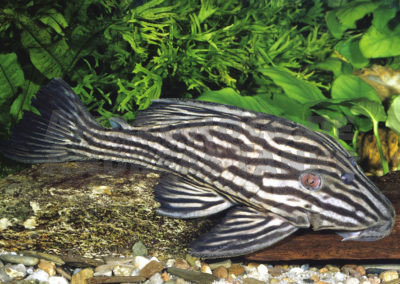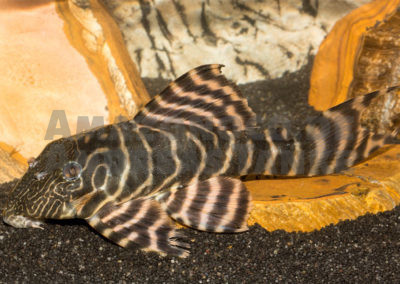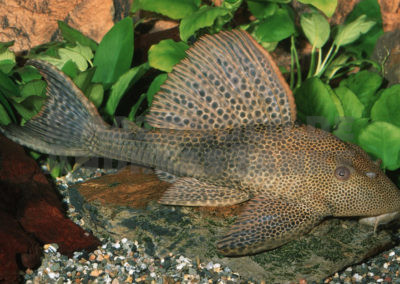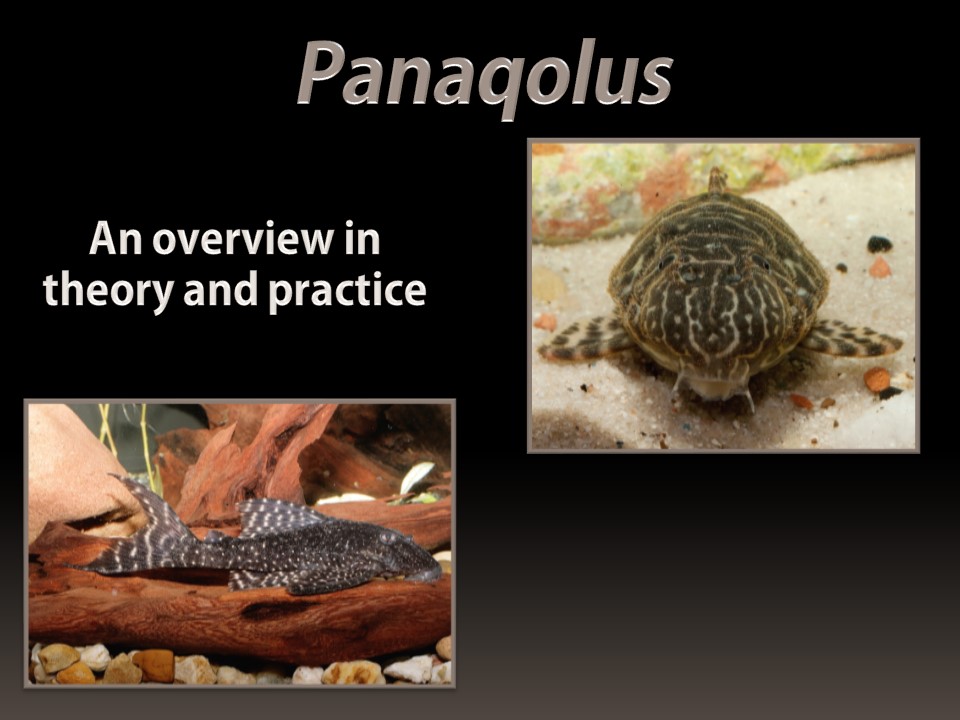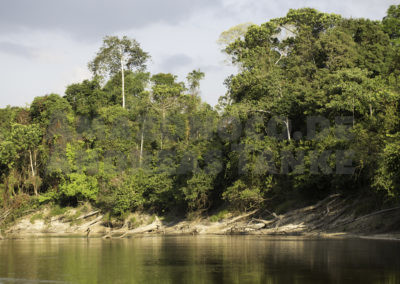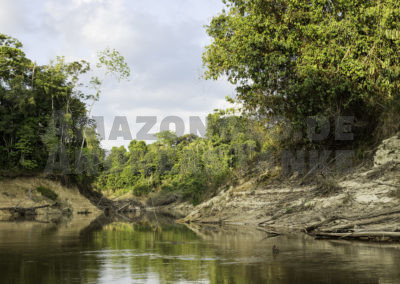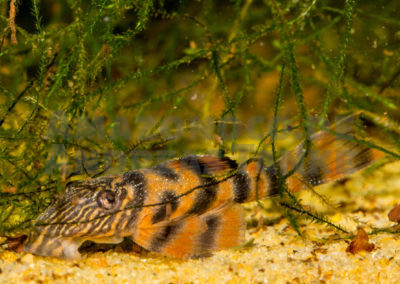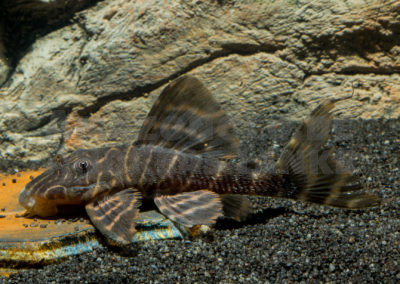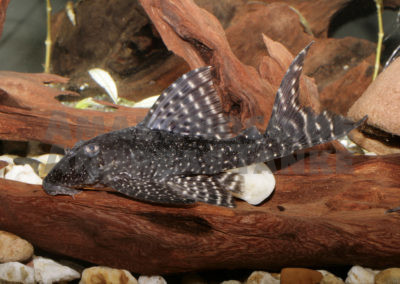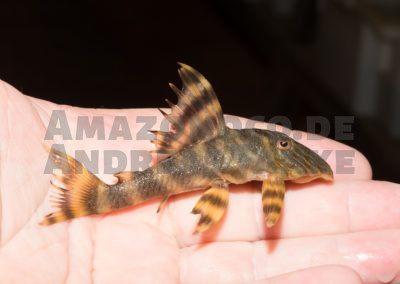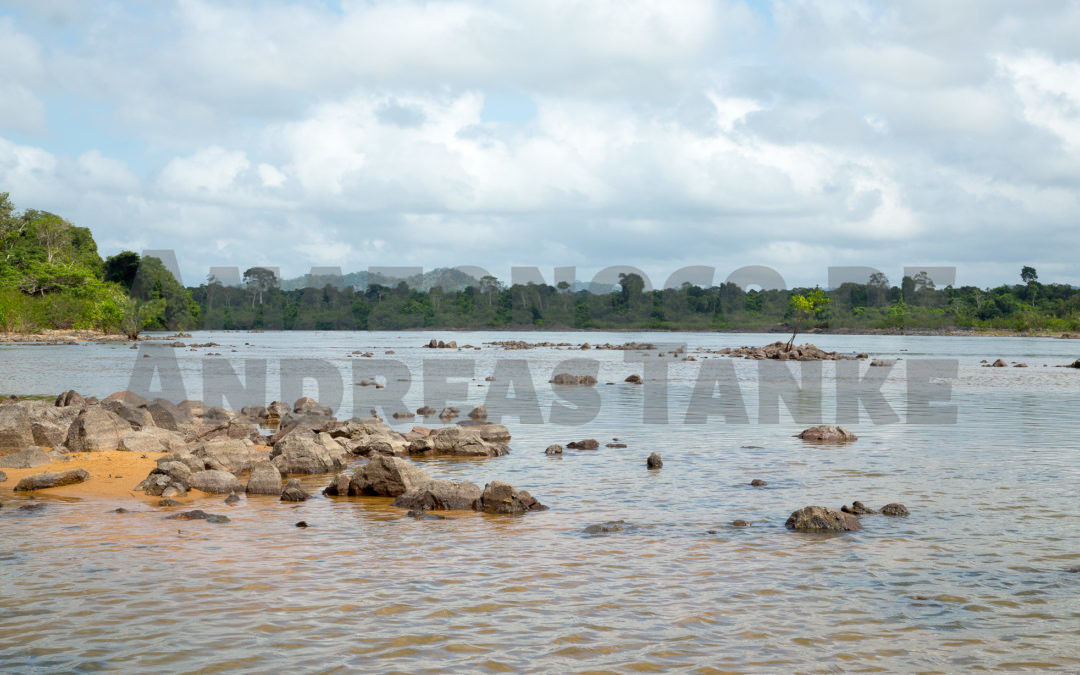
by Andreas Tanke | 18. 06. 2018
Corydoras in theory and practice
In this talk, I will introduce the popular armored catfish of the genus Corydoras. Starting with a general introduction to Corydorinae, followed by a little bit of theory about the lineages, C and CW numbers before going on to the presentation of different biotopes where I could already caught Corydoras.
Then I’ll give some information about keeping and breeding of these catfishes and also give an overview of different species that I could find in recent years in the trade.
Origin of Corydoras benattii (C 22) at Rio Xingu
Small creek in tributary of the Marshalcreek, Suriname. Origin of Corydoras aeneus
Corydoras sp. aff. “CW028”
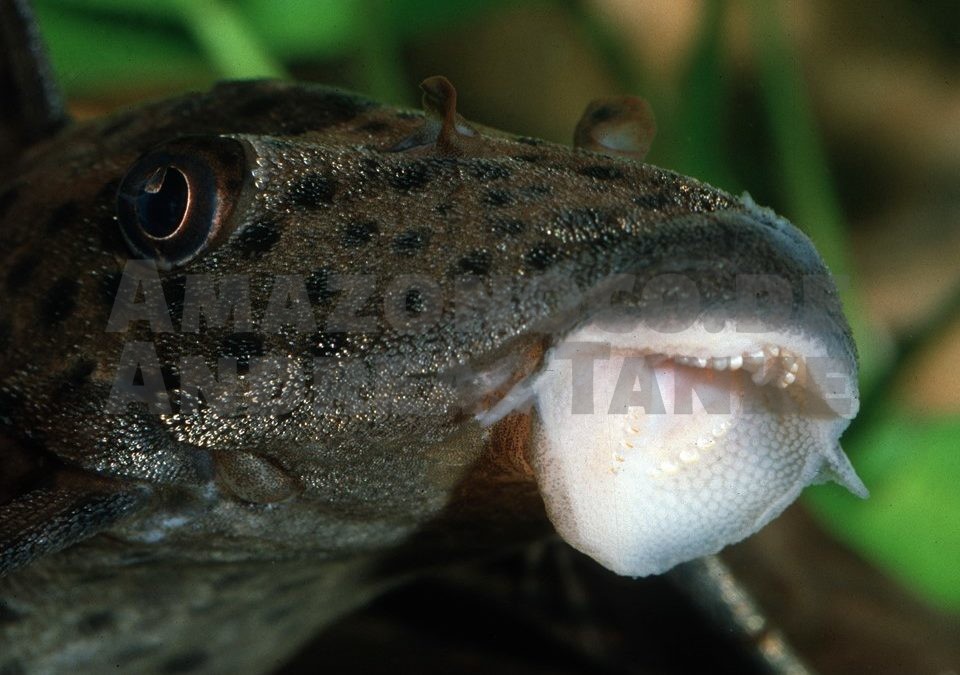
by Andreas Tanke | 18. 06. 2018
Wood Eaters – the loricariids of the genera Panaqolus, Panaque and Cochliodon
Just from the beginning I was fascinated by wood eating plecos. Next to my favorite genus Panaqolus there are with Panaque and Cochliodon two more genera with that uncommon behavior. I‘ll present in this talk not only general information about this behavior, but also introduce the biotopes where these catfishes live. Furthermore I’ll report about their way of life, their sexual dimorphisms and some breeding successes of these genera…
Panaque cochliodon (Photo: Ingo Seidel)
Panaqolus claustellifer (L 306)
Egg clumb (Photo: Ingo Seidel)
Río Ucayali, Peru (Photo: Ingo Seidel)
Río San Alejandro, Peru (Photo: Ingo Seidel)
Panaque cf. armbrusteri (L 027), Rio Xingu (Photo: Ingo Seidel)
Panaqolus sp. (L 482), Rio Ipixuna
Cochliodon sp. (L 145) (Photo: Ingo Seidel)
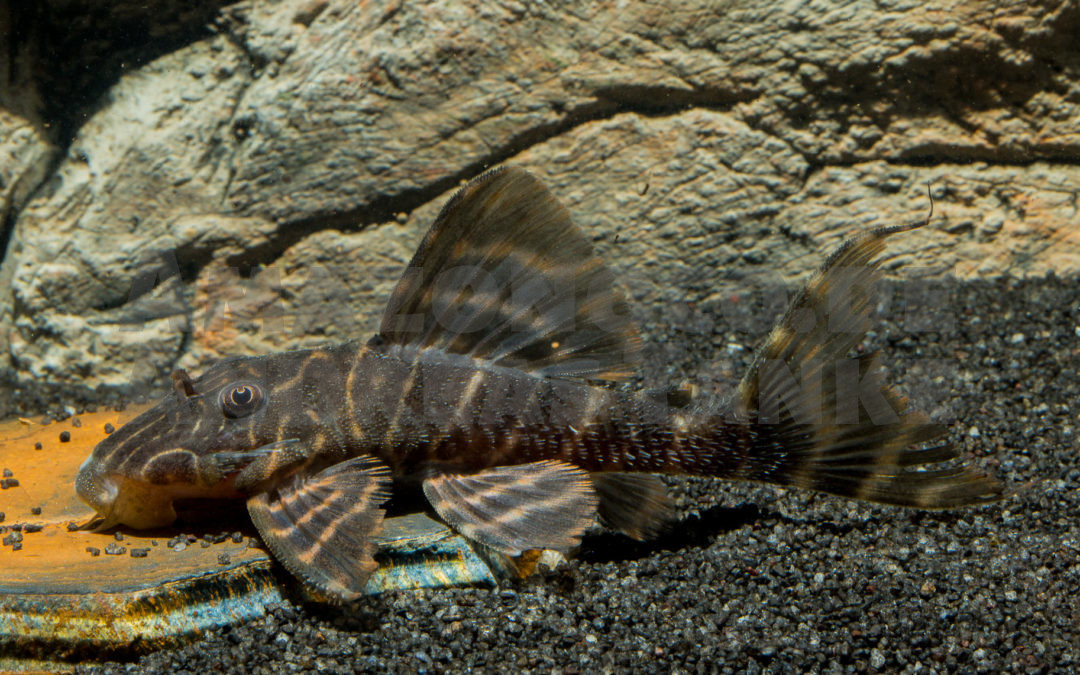
by Andreas Tanke | 6. 05. 2018
Panaqolus – An overview in theory and practice
In this talk I‘ll introduce the loricariid catfish genus Panaqolus. Some of these plecos are well known for ages in the aquarium trade – but they are a little misjudged, although they are perfect fish for the aquarium trade because of their small size and in many species nice color pattern…
I pay a close attention to this genus for several years and want to make them more common for other fish keepers. I‘ll actualize this talk continuously and add the newest scientific results.

